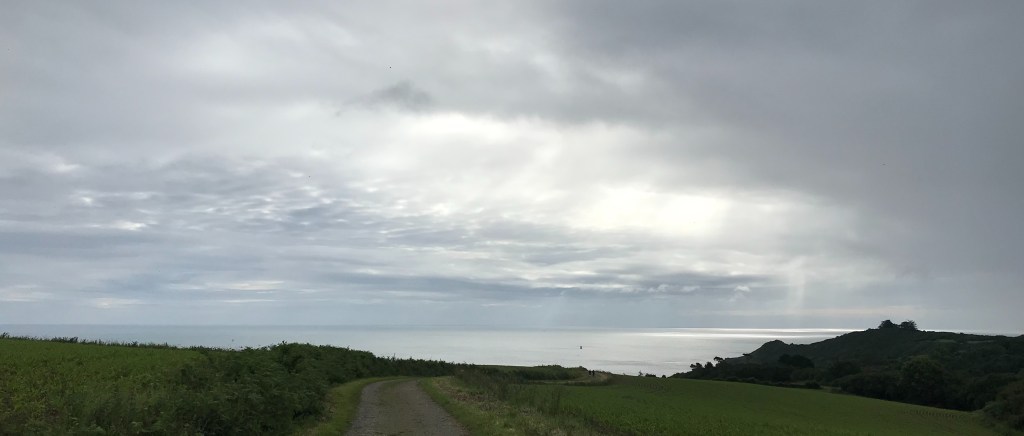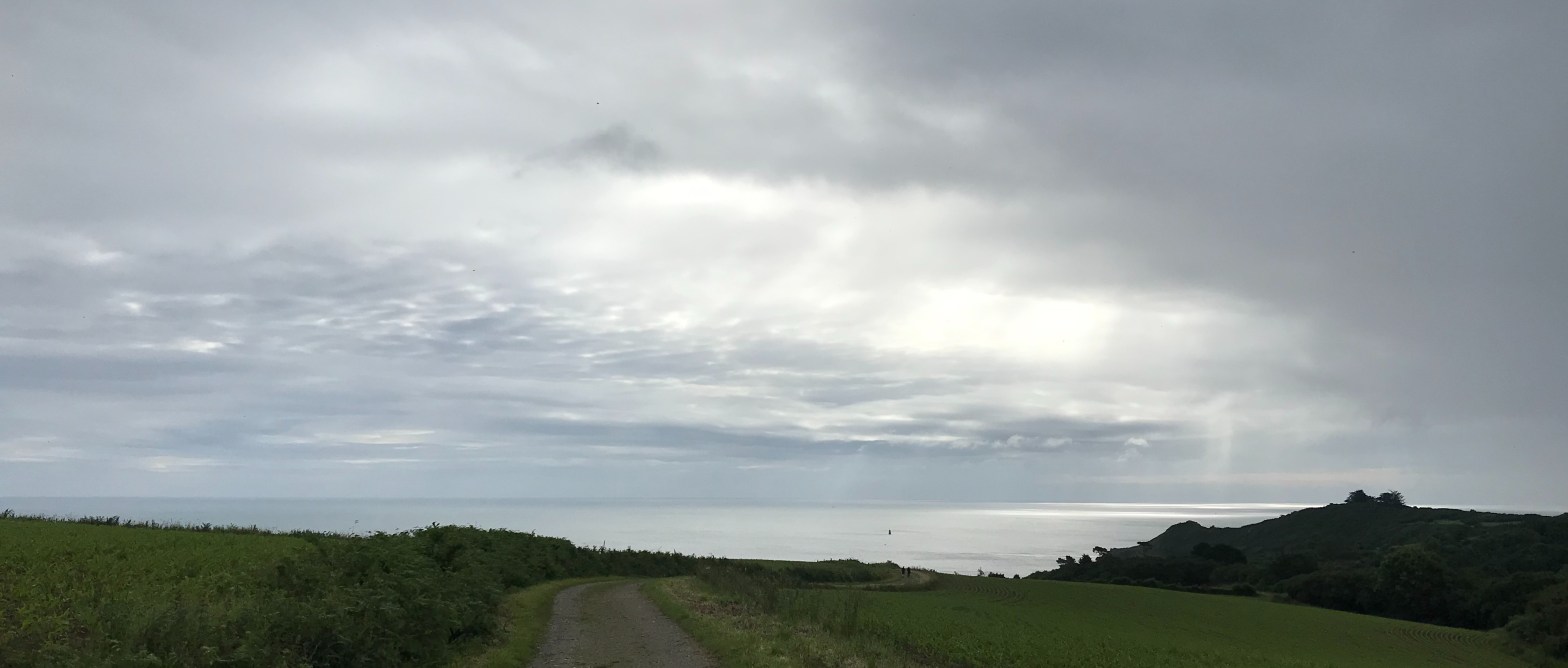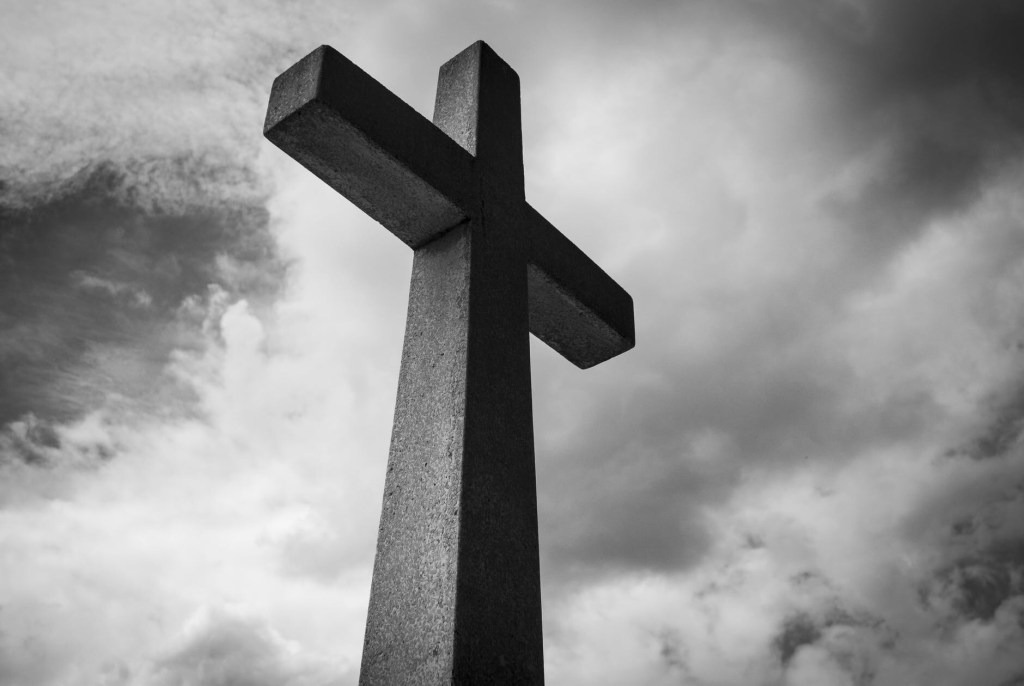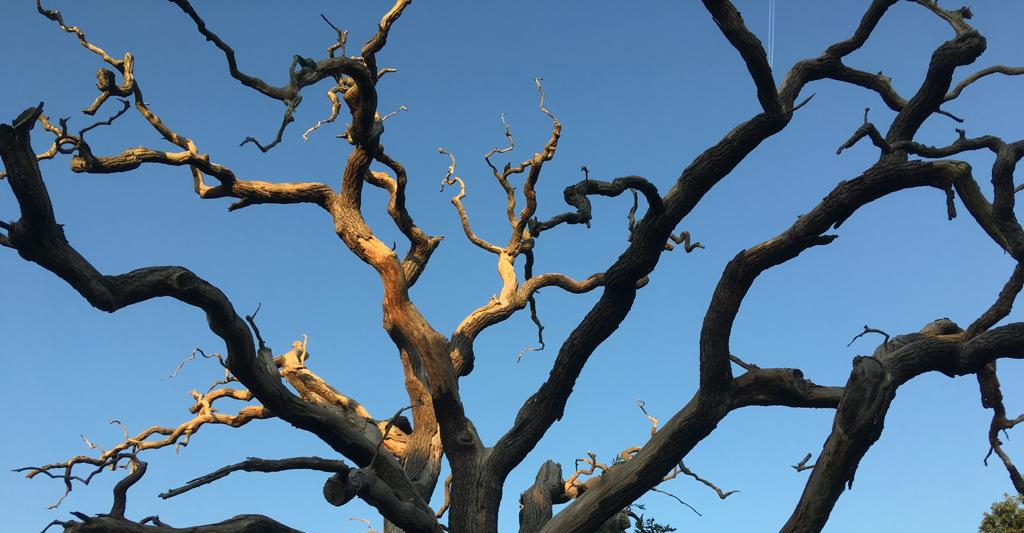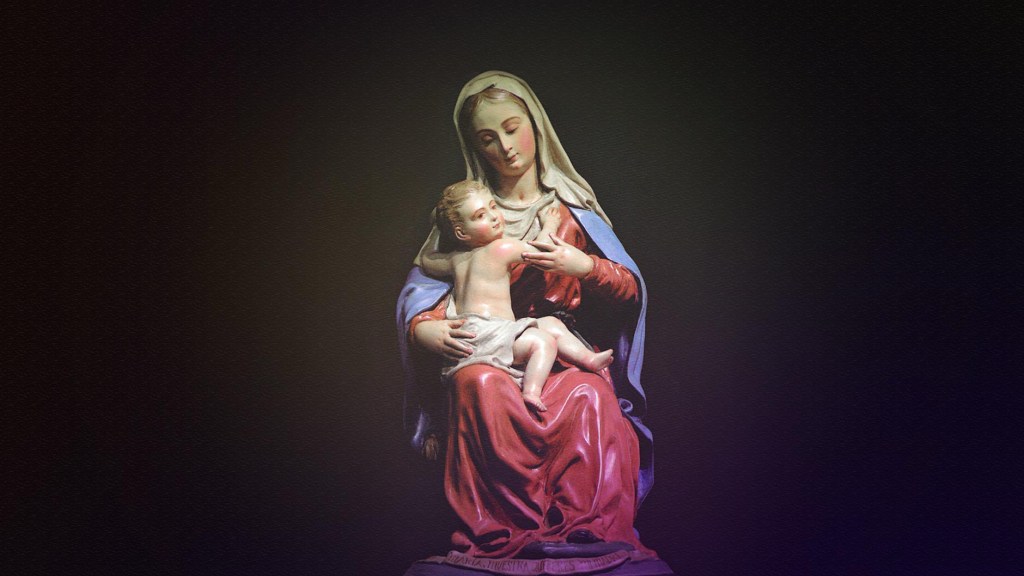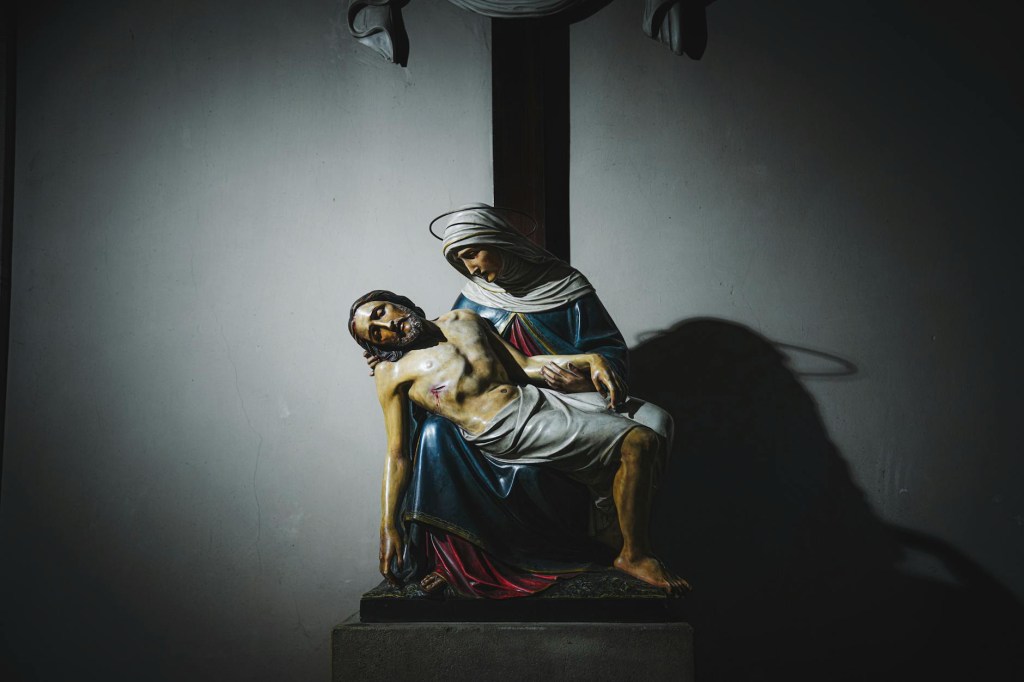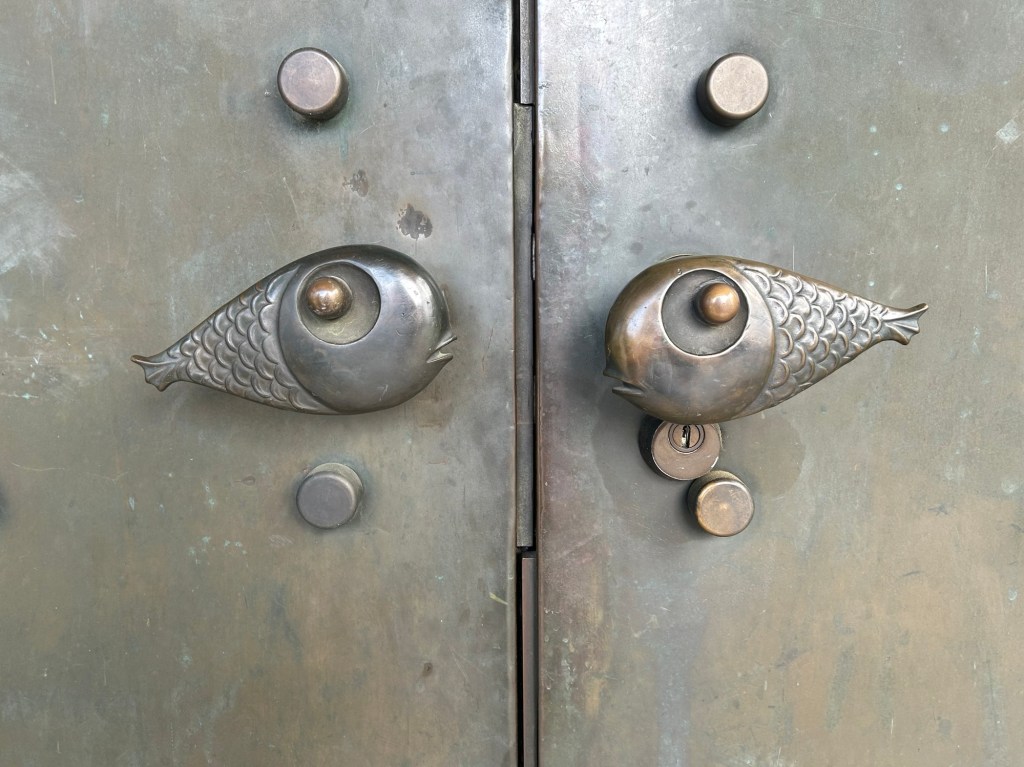There is a weed in my front garden. I pull it up but after a few months, there it is again.
Depression for me is like that weed. I became a Christian 25 years ago, and like many Christians, I couldn’t believe that anyone who knew the significance of the good news could also know despair. I thought I was done with it. Over the years there have been many joyful times, but, like that ugly and obtrusive weed with the impossibly long tap root, depression comes back.
Have you ever seen an armadillo suddenly curl itself up when it detects a threat? In a moment it turns itself into an odd, heavily armoured football. You can see it here. Similarly, our brains are designed for protection. They remember the times when we were in danger. So when circumstances are overwhelming, parts of our circuitry can go into a kind of shut-down mode. Sometimes we are set on edge, ready to fight, or fly, or freeze. Sometimes it deadens our sense of being alive. Demands still need to be met so we resist the urge to hide. Chemicals wage war in our bodies. They don’t ask for permission. The days are debilitating. It takes a whole lot to keep all these things at bay.
“Call your GP”?
It’s often the first thing we are asked: “Have you spoken to your GP?” Medicine and therapy are often essential but the system fights against us.
We wait on hold for 30 minutes. We put the phone on speaker as we try to keep a clear head and manage endless demands at home, while having to listen to screechy music interrupted with the perpetual apology, “We are currently very busy.” We guard our privacy as we articulate the urgency of the problem to a faceless receptionist who might assume we are a burden on the system.
We wait for the call-back. We don’t know when it will come. We don’t know which GP it will be and if we miss the call we’ll probably have to start the process all over again. We can’t call anyone else or drive somewhere or be otherwise distracted in case we miss it. We are scared of being stigmatised and misunderstood. Our stress levels continue to rise.
The call comes from an over-worked GP who deals with the vast scope of health issues presented to them each day. Within the 10 minutes allotted to the appointment, the natural suggestion is to prescribe medication without a managed care plan. Anything more than needing a GP every three months can’t be properly engaged with, unless things have got to the point of requiring drastic intervention.
Funded counselling sessions are strictly limited in number. Online portals send us around in circles with broken links. Private therapy is sometimes so expensive that we cut back on other needs, like food and warmth, just to get the bare minimum. The side-effects of medication include nightmares, weight changes, gut problems, drowsiness – all for the greater good of not being depressed. It can take weeks for our bodies to adjust to medication. Sometimes it isn’t right and we have to start again with something else. It can take weeks to find a therapist, then longer to settle into therapy only to realise that the therapist wasn’t right for us. Stress levels rise further. If we are mums, our children don’t stop needing us throughout this disjointed, at times fruitless process. They might need us even more than usual, and when we’re drowning in frustration, still we are told, “Call your GP.” It sounds practical. It sounds easy. It sounds like we have no excuse and everything is taken care of.
In the empty spaces
Writers of Scripture were sometimes shocking in their honesty towards God. The Psalmists expressed being hunted, trapped, oppressed, abandoned, and abused by people. They felt far from God, appealing to him with desperation, expressing deep frustrations at the disparity between the good and kind God they believe him to be and the horror of their lives.
These words are in the Bible. They are prayers that God himself approved to be included in the Bible. They are far from the pattern on display at church on Sundays. They even commend the silence that comes when our lips are dry and we sit and wait. They show undeniably that God knows: he knows how frustrating it is, he knows that at times we just don’t understand him, we thought he would come through for us and things don’t make sense.
They show that he knows it better than anyone. So it can all be brought to him.
There in those words, we see one who can engage with the depths of the miseries of life and not recoil, but embrace us and defend us. He is not shocked by our feelings. We find that with him, we can feel safe with the reality of whatever state we are in.
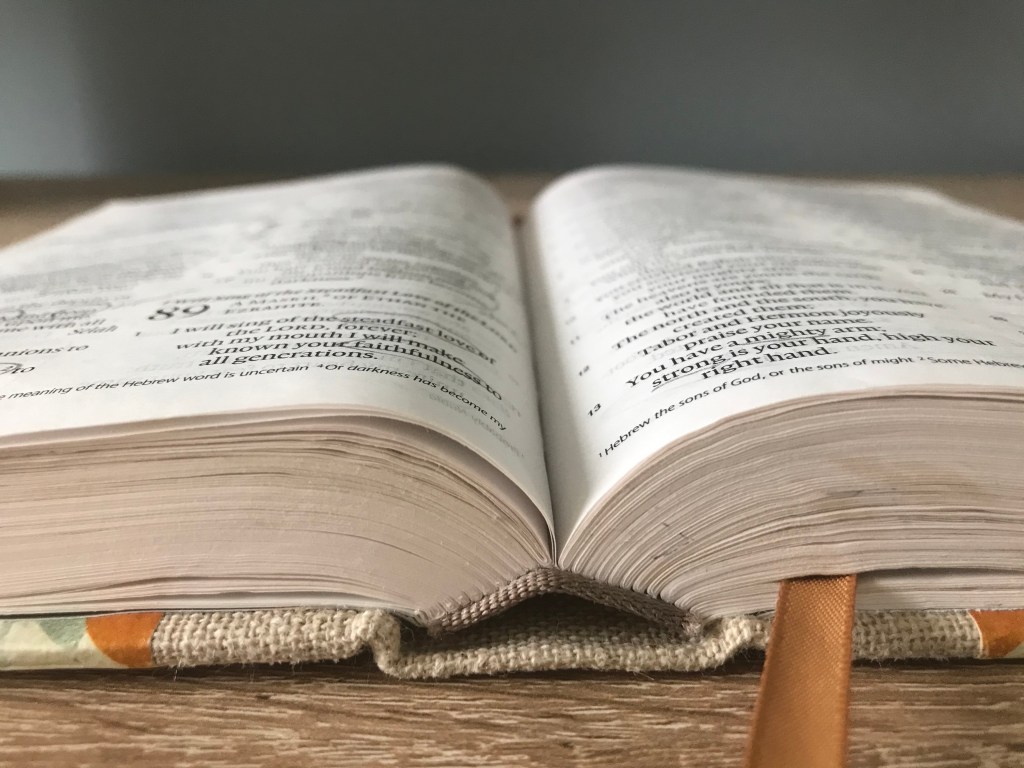
He is the friend and advocate that we all deeply long for: a man of sorrows, familiar with suffering.
Many Christians still think that despair is wrong, but it is in acknowledging the reality of our circumstances that our faith shows itself. It is a faith that is honest. It doesn’t deny that in the midst of all the beauty, this world can be cruel. With Jesus, we don’t need to put on a front of positive words in order to look good.
My depression has brought with it overwhelming feelings of failure and uselessness. They sap my energy and affect my relationships. I have found myself unable to do basic tasks, while demands have only increased in intensity. I’ve tried multiple medications, and when I was younger I had stays in clinics alongside people in the throes of horrifying affliction. I never want to go back. And still the weed breaks the soil and spreads its thorny leaves. As I have grown my management of it has improved a great deal, but I still pray for it to go away for good. I have hope that one day it will.
In the meantime, this is the privilege I have found: when we are broken, overwhelmed, and not in the least presentable – not clad in a heavily armoured suit like our friend, the armadillo, but perhaps with crazy hair and scruffy joggers – we can find a friend who is closer than a brother. When in those empty spaces, I have met him in the Scriptures. He is someone who, with compassion, sits beside us in our pain. He brings the sweet safety of being known, and it fills a void that no-one else ever can. This is what keeps me going.
